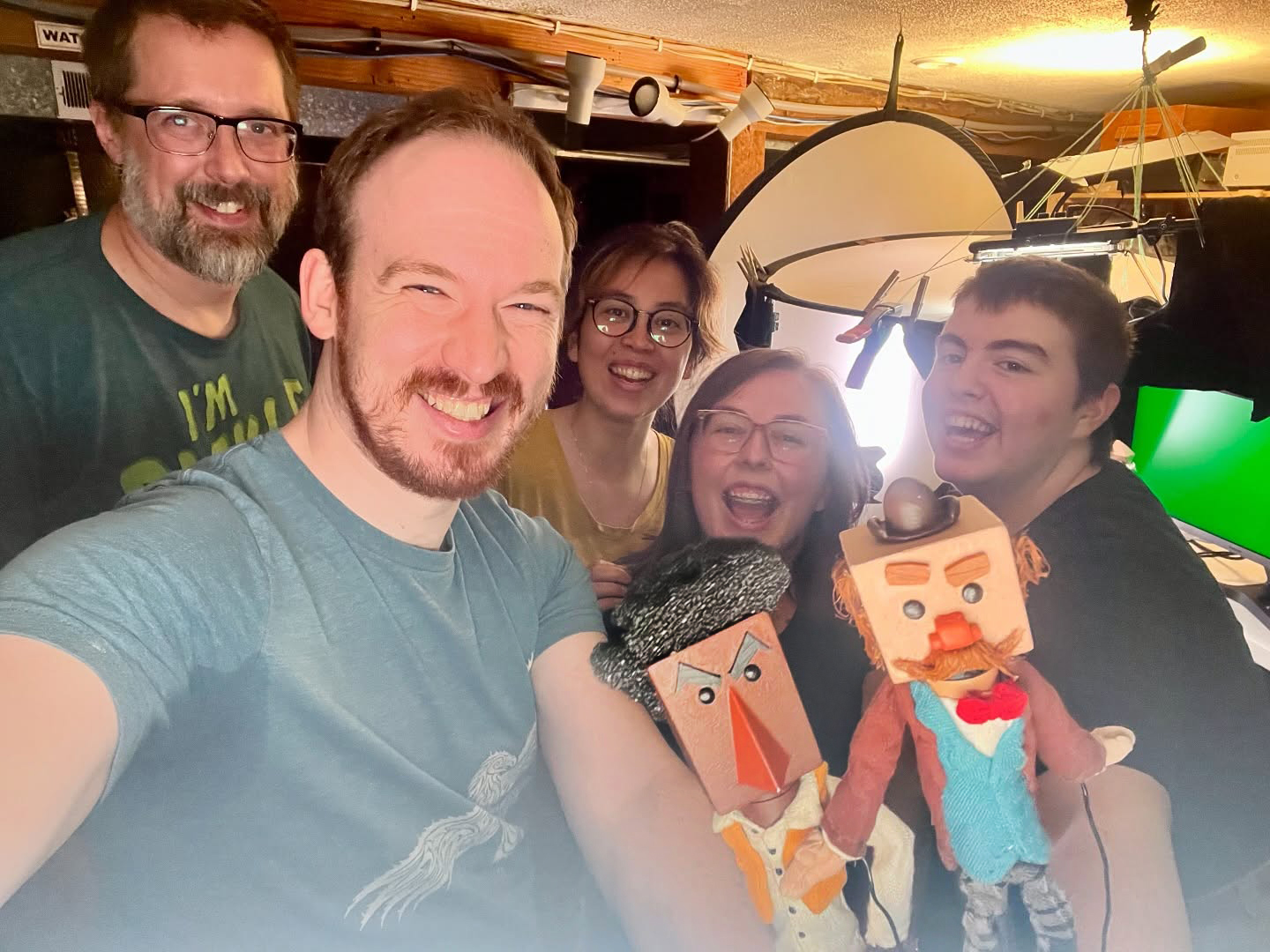We’re excited to introduce you to the always interesting and insightful Sean Parker. We hope you’ll enjoy our conversation with Sean below.
Sean, looking forward to hearing all of your stories today. We’d love to hear about a project that you’ve worked on that’s meant a lot to you.
I’m very pleased to be working on a dream project right now! Fogtown is a puppet-based mystery-comedy TV series made for all ages (literally all ages, not just something that panders to kids alone) that I’m the co-creator of. It’s been deep in production since the start of the pandemic, but the general idea has been floating around in my head for over a decade. When COVID put our plans for other productions on pause, Fogtown emerged as something that was doable during lockdown, only requiring a small crew and voice actors able to contribute remotely.
What started as fairly a humble venture (to keep us occupied while quarantined) gradually snowballed into something much grander and greater, until we’d attached Hollywood talent like Rizwan Manji and a host of immensely gifted artisans to craft and puppeteer our characters. And after integrating the same
“virtual production” technology used to create the real-time digital backgrounds in shows like The Mandalorian, Fogtown became a bit of an industry trailblazer, blending live puppetry with cutting edge Unreal Engine environments at the smallest-ever scale.
It’s an immensely fun project, but also deeply meaningful. Sherlock Holmes has always captivated and resonated with me, and thanks to Conan Doyle’s work recently entering the public domain, we’re doing our own retelling (and loose reinterpretation) of the stories for a different sort of audience. I’ve long enjoyed the often-overlooked neurodivergent aspects of Holmes, and that’s something we’re leaning into in a big way with our character Sherblock (named so for the square noggin housing his gigantic brain). Sherblock can draw wild connections at unparalleled speeds, but is prone to getting distracted by leads that are perhaps more shiny rather than relevant, and would probably be diagnosed with ADHD if the Victorian-inspired city he lives in had the mental health knowledge we do today.
We ran a Seed&Spark campaign in 2022 that raised over $50,000 to produce a pilot episode as well as a small “interactive movie”-style videogame, which was the largest budget I’ve ever worked with to create something of my own. We just released the finished pilot in December 2024 to YouTube, where it’s been getting rave feedback from fans of Sherlock Holmes and puppetry alike, and seem to be on track to get the game out near the end of 2025. Now we’re heading into the stage of pitching the series to get picked up at the right home — where we hope it can have a long and prosperous life.
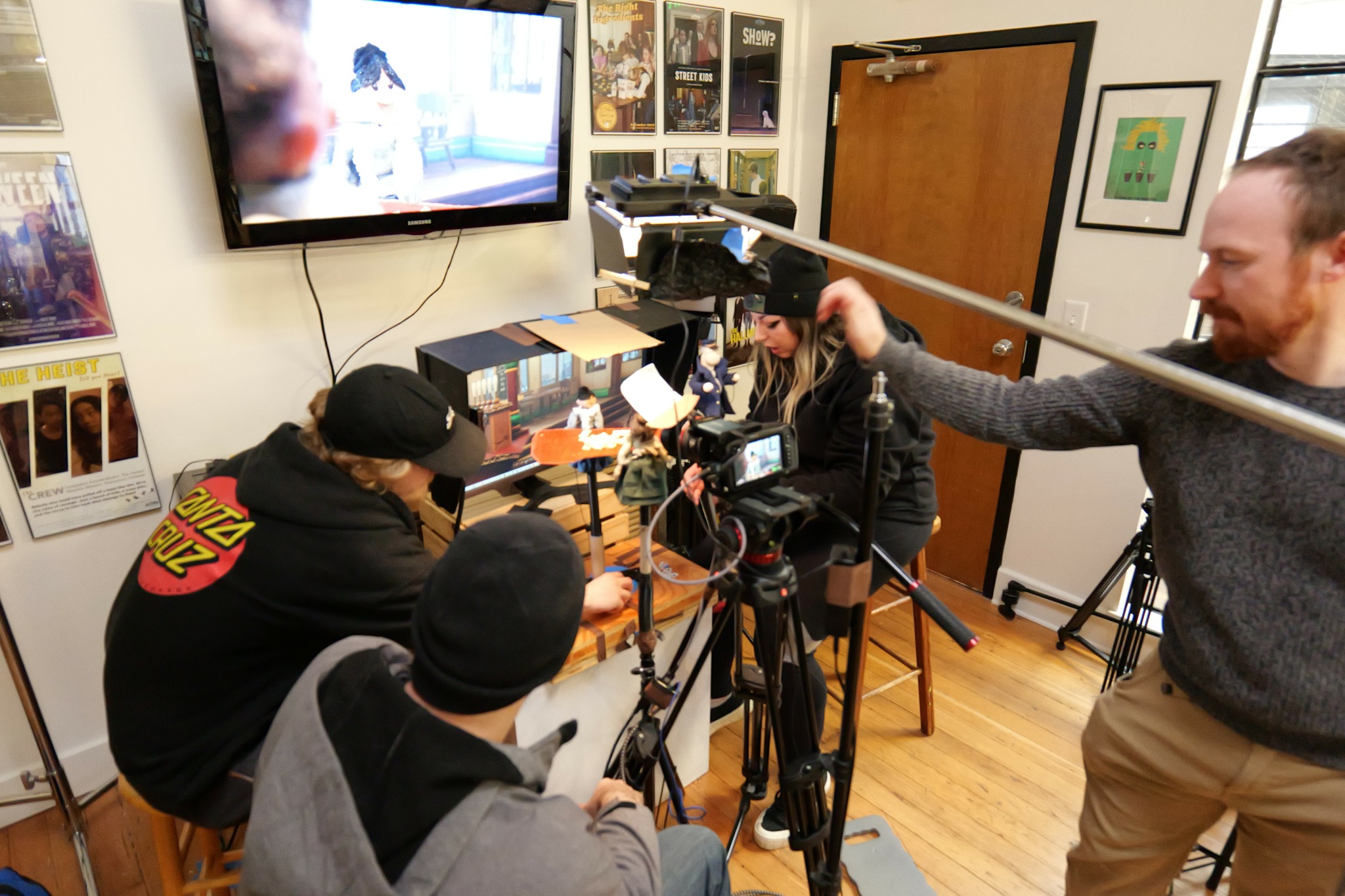
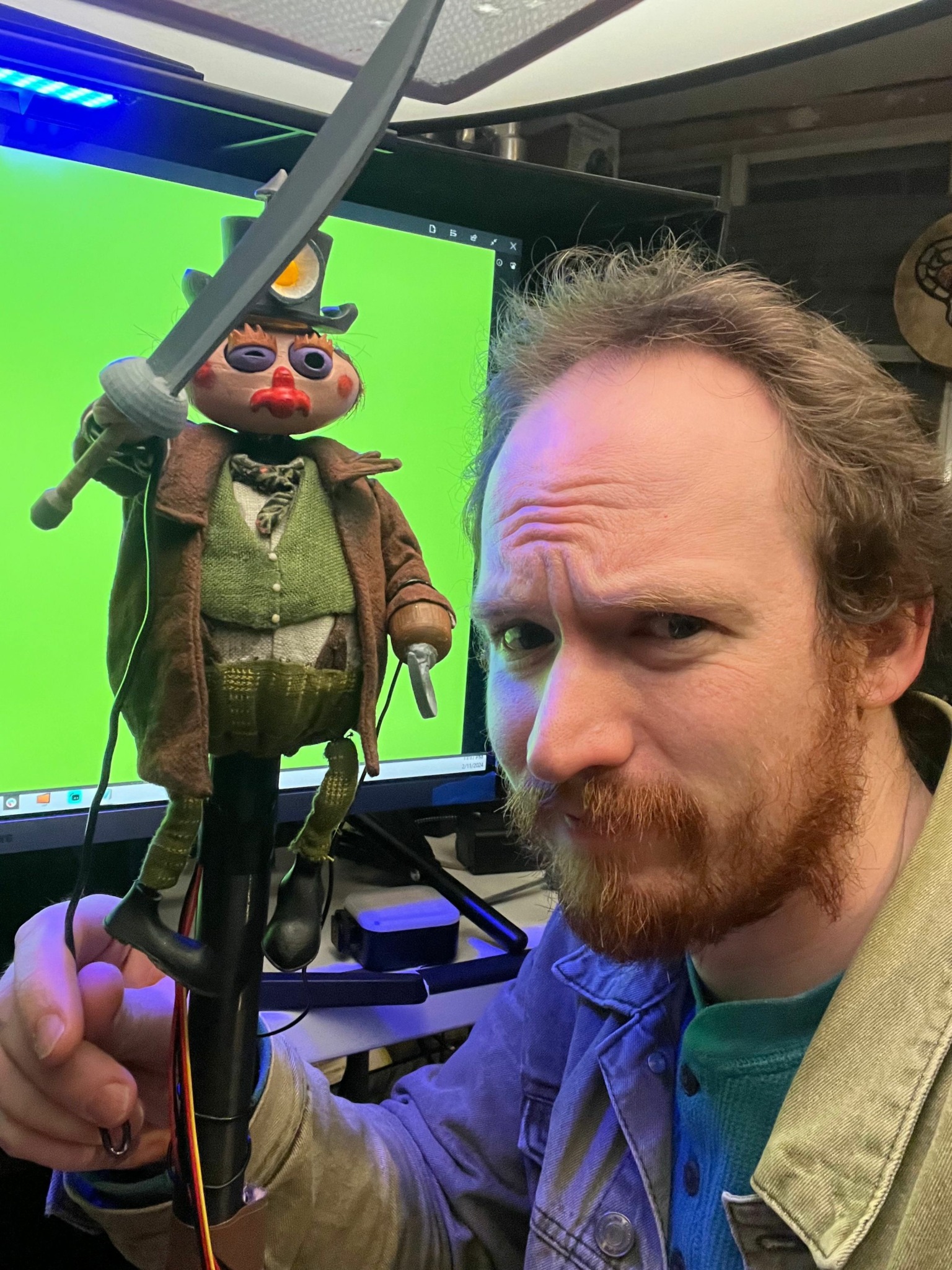
Sean, love having you share your insights with us. Before we ask you more questions, maybe you can take a moment to introduce yourself to our readers who might have missed our earlier conversations?
I fell in love with the media arts around 7 years old when my mom, who worked as a school librarian at the time, brought home a big ol’ chunky VHS camcorder from her A/V department for the whole summer. For months, I taught myself how to do stop-motion animation with it, and that just completely sparked a sense of purpose in me. From there, I was relentless about signing up for any sort of animation or filmmaking classes I could, both in and out of school.
By high school, I’d amassed enough friends (who were also passionate about film) to create two feature-length productions as writer/director. The first was a James Bond parody called Leadfinger that we had no business trying to pull off at that age (but remains genuinely hilarious and endearing), and the second was The Defective Detective, an original mystery/comedy caper — a genre that stayed near and dear to me ever since.
After college, my lifelong friend and filmmaking partner Austin Hillebrecht made a third feature with me (Coup de Cinema) and a slate of offbeat sketch comedy on YouTube under the moniker Hapstance Films while we both pursued media careers. Austin racked up a series of jobs as an animator for commercials and videogames while I freelanced in the Portland area on all types of video projects, primarily as an editor, but frequently doing a little bit of everything.
I think my greatest asset is my breadth of knowledge, if not depth. I wouldn’t consider myself anywhere close to a master of anything — but I’m an absolute jack of all trades. That allows me to know enough about each job in film to function just fine as a one-man band, but most of all, it helps me be a good teammate. If I’m working in a group, I know enough about what my collaborators need in order to set them up for success, whether that means shooting the proper coverage for an editor or giving meaningful direction to an actor (yep, I’ve worn that hat too!). In 2023, the Oregon Media Producers Association gave me the Creative Innovation award for my body of work.
Austin and I still collaborate to this day, 25 years after meeting in middle school. We’re working our tails off to get Fogtown off the ground as a TV series and game franchise, and I still offer full-service production to anyone who needs a video for their business (or to create a narrative film). It can be exhausting, but I really do think I thrive on the challenge, and love the myriad of puzzles that have to be solved to create great work in this industry.
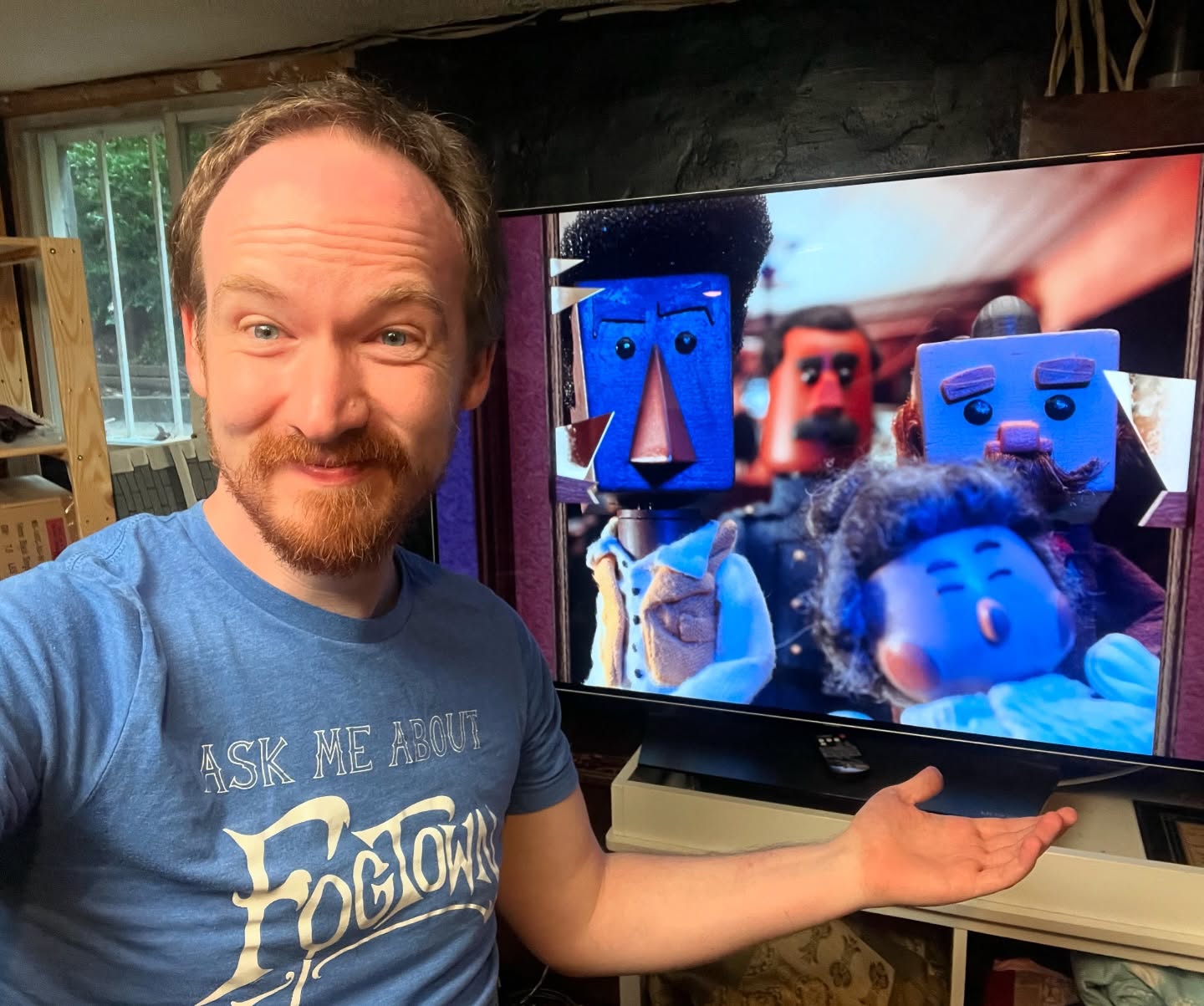
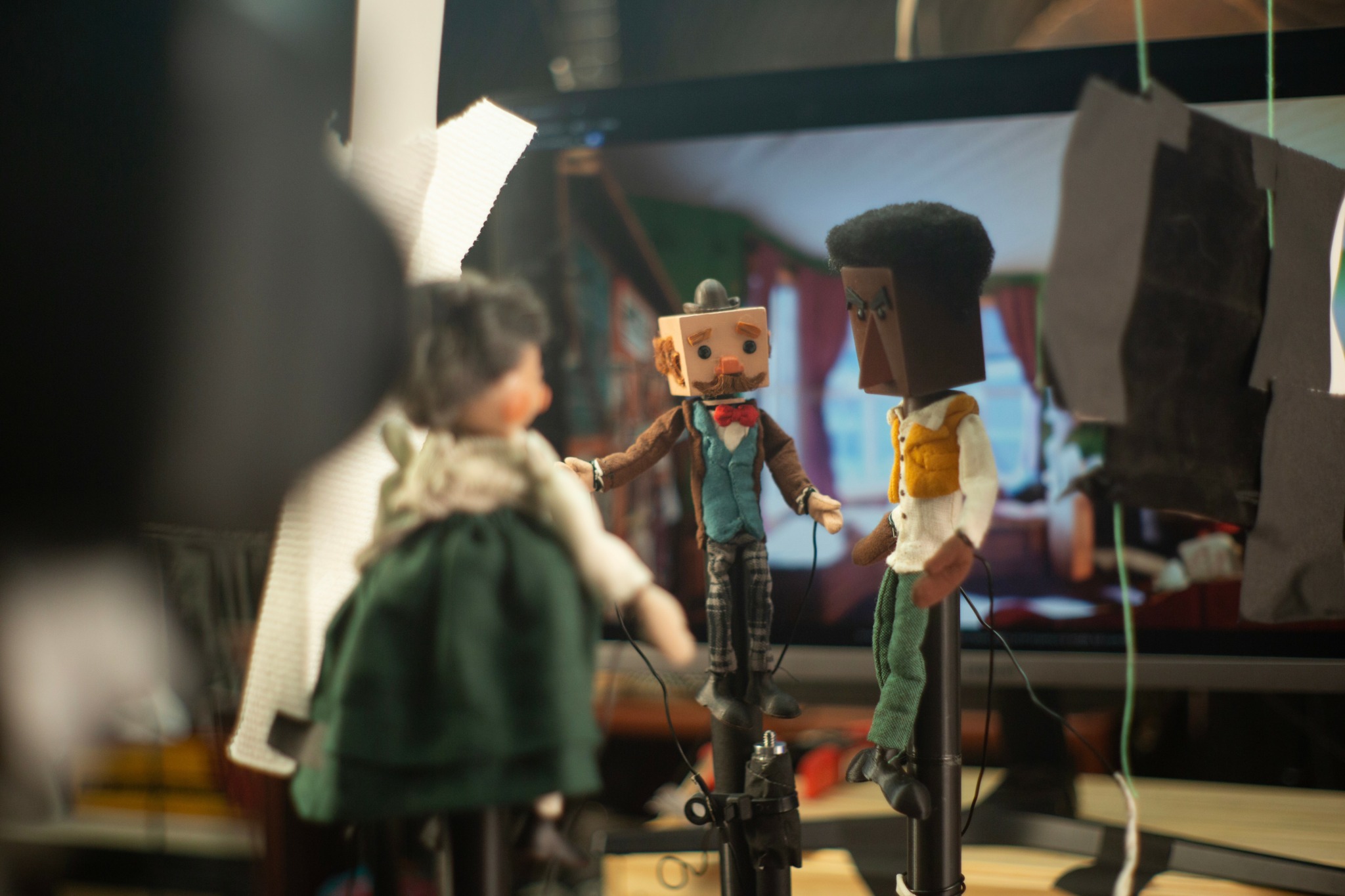
What do you think is the goal or mission that drives your creative journey?
I’ve always gravitated toward wanting to help the world, even in small ways, through escapism and laughter. It’s easy to underestimate the actual importance of storytelling when so many more pressing issues are shouting in our faces day to day — but I’ve lost track of how many times I was hitting a wall in life with motivation and keeping my spirits high, until JUST the right movie or show fell into my lap and lit me up again. That’s the sort of gift I want to share with other viewers, too. It takes a lot of thought and effort to craft the kind of stories that resonate with the soul and spark inspiration in those who absorb it — even if it’s for something altogether quite light and silly — but the people who can pull this off are some of the biggest healers around. I owe them a tremendous debt of gratitude.

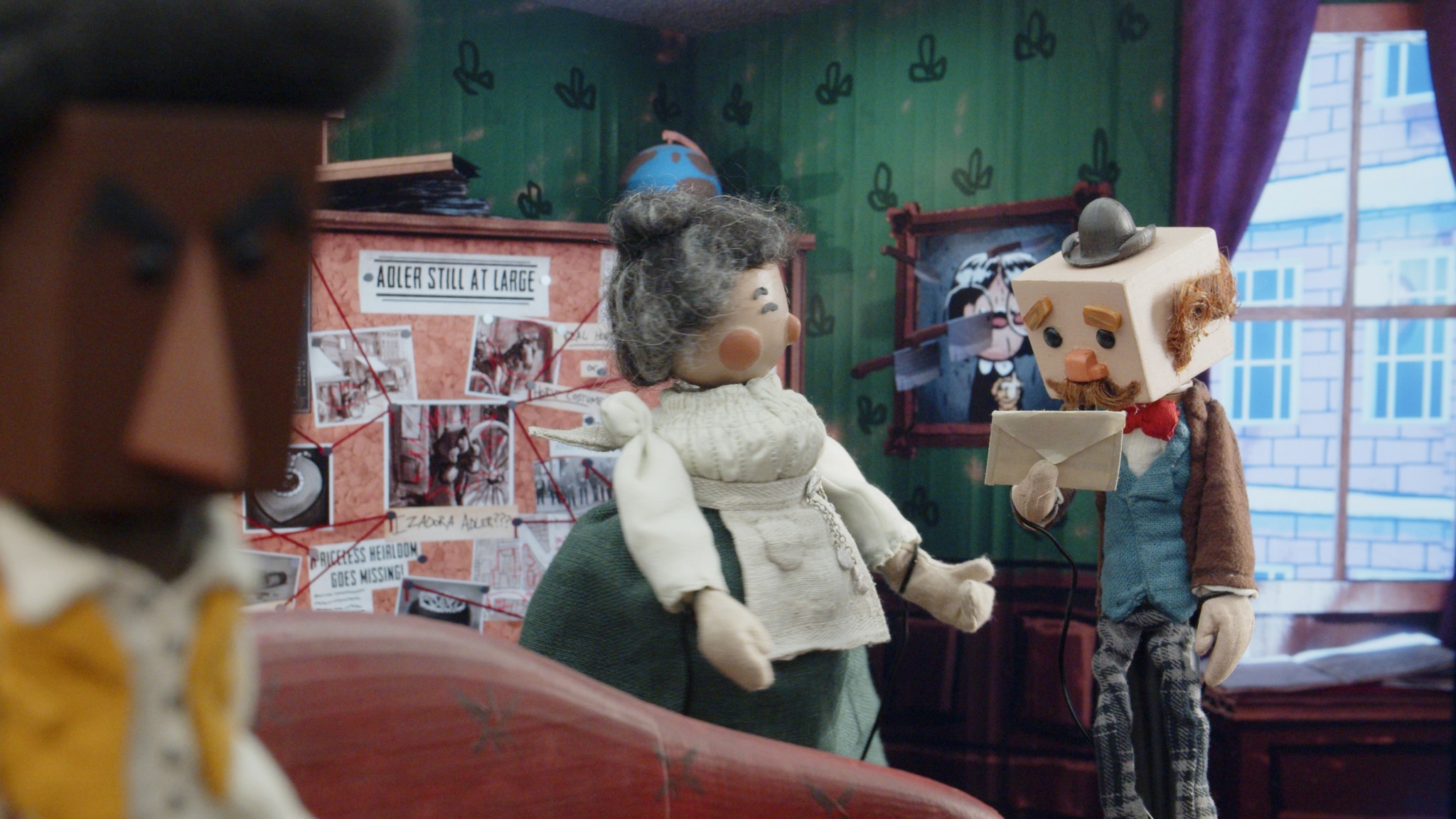
What can society do to ensure an environment that’s helpful to artists and creatives?
Increased funding for the arts, and an end to algorithmic commodification of stories. I’ve spoken with so many fellow creatives in the film world who’ve been brought to the brink of giving up based on the trajectory of the current market, where creative decisions are dictated by Big Data and television shows are viewed by executives under the most cynical of lenses. Hollywood has been upended by a cabal of billionaire looters, who, rather than being interested in building new legacies, are chasing loopholes that kill art, with short-term profit projections reigning supreme.
Frankly, it’s absurd, unethical, and downright self-destructive. There’s no world where writers and performers of prestige television should be just barely squeaking by, or forced to leave the industry to make a living. It’s high time that the arts were recognized for the essential service they are for so many viewers — who, without new voices creating new work, would be in a much darker place.
Contact Info:
- Website: https://www.seanparkercreative.com
- Instagram: https://www.instagram.com/seanthedandy
- Linkedin: https://www.linkedin.com/in/sean-parker-39134117/
- Youtube: https://www.youtube.com/FogtownSeries
- Other: https://www.fogtownseries.com

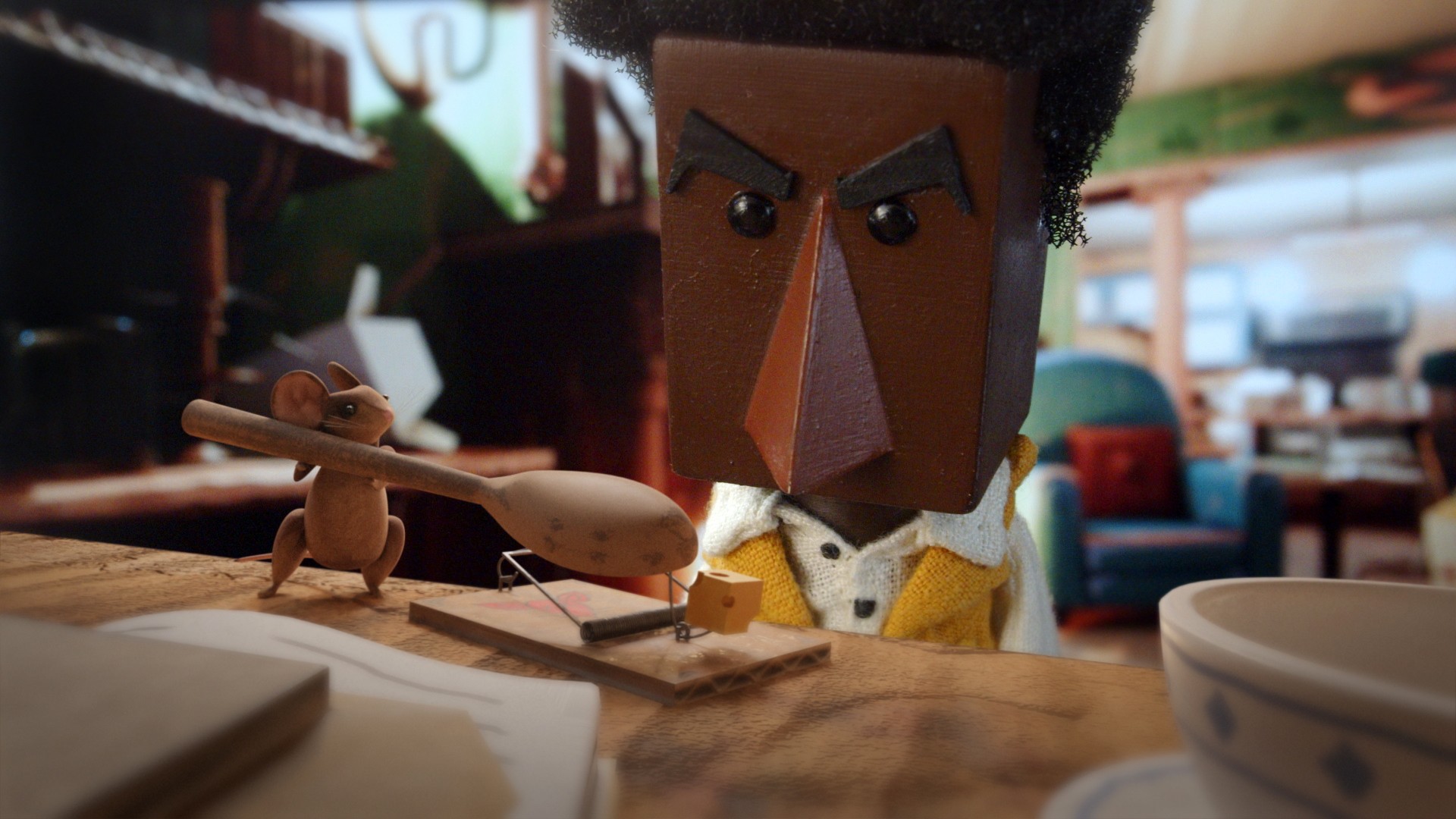
Image Credits
Logan Skidmore
Sean Parker


